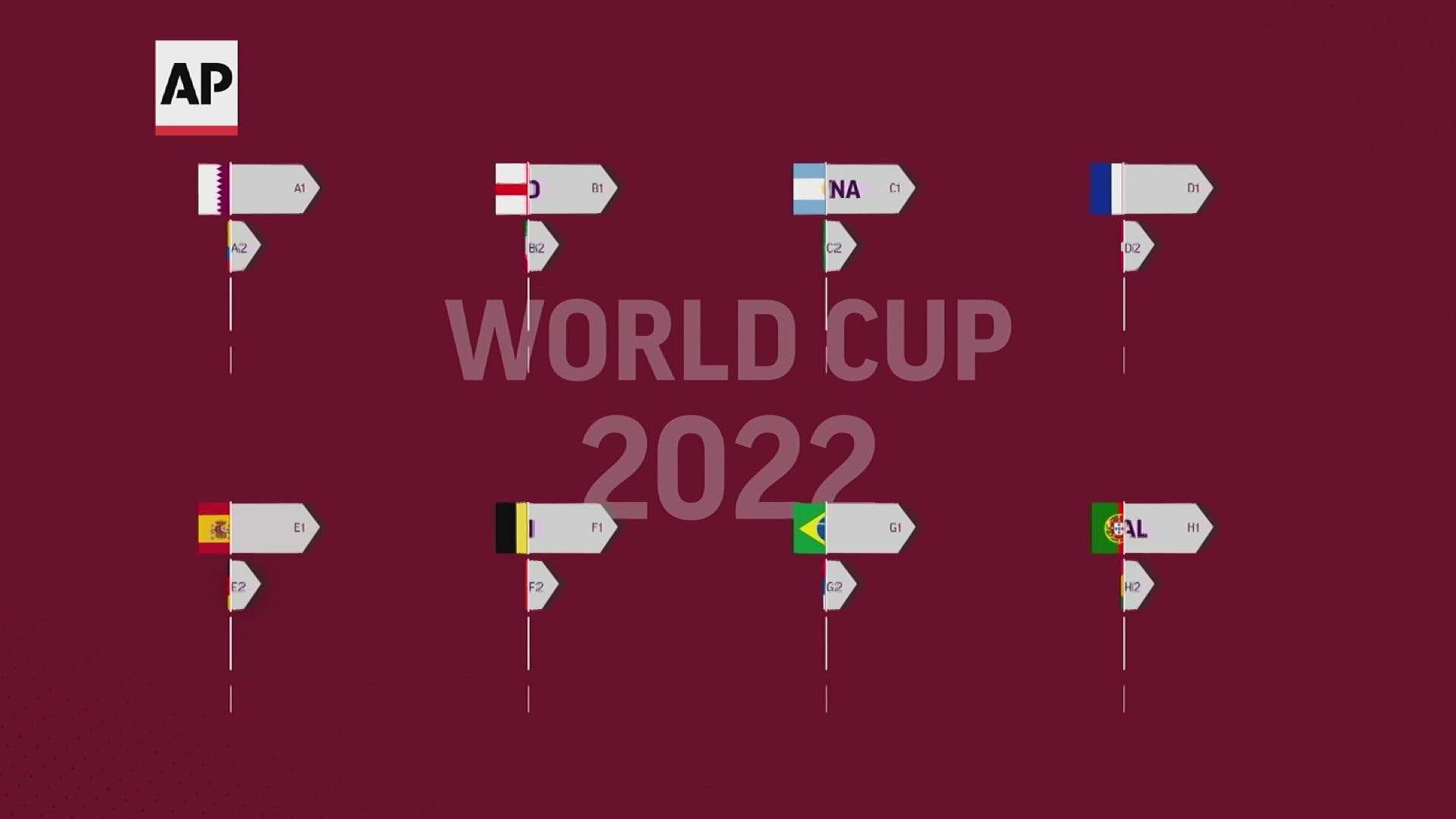DOHA, Qatar — The World Cup's group stage is officially over and the top 16 teams — including the U.S. for the first time since 2014 — now begin the second phase: the knockout round.
The rules of the game change slightly heading into the round of 16, so here's a refresher if you're new to soccer or need to catch up.
How long is a World Cup match?
Soccer games are 90 minutes, not accounting for stoppage time.
World Cup matches have two 45-minute halves, but games have regularly been stretching past 100 minutes because of added time from referees.
What is stoppage time?
Unlike most American sports, soccer matches have a running clock that does not stop when the ball is not in play. Because of that, officials add time at the end of each half to account for stoppages like injuries and goal celebrations.
Referees have been particularly generous with stoppage time at the 2022 World Cup, which was a directive from the top. FIFA instructed officials to add more time at the end of World Cup matches to compensate for goal celebrations. FIFA also wanted referees to add at least one minute for an injury delay and 30 seconds for each pause to make a substitution.
“Celebrations may last one, one and a half minutes,” FIFA's Pierluigi Collina said at a briefing about FIFA instructions to their match officials in Qatar. “It’s easy to lose three, four, five minutes only for goal celebrations and this has to be considered and compensated at the end.”
The averaged added time was more than 10 minutes as of Monday, after half of the 64 games were played. The average was skewed by the England vs. Iran game, though, when more than 27 extra minutes were added because of injuries.
Adding more time at the end of World Cup games to compensate for stoppages has raised the average active playing time to 59 minutes, according to FIFA.
Extra time in the round of 16
In the group stage, World Cup matches could end in a draw because teams advanced based on a points and tiebreaker system.
In the round of 16, the tournament shifts to a single-elimination style. Extra time and penalty kicks come into play if the score is a tie at the end of regulation.
What happens if there's a tie in the round of 16?
Extra time consists of two 15-minute halves, and teams play both full halves even if one team scores -- there is no "Golden Goal" or "sudden death" rule.
If teams are still tied at the end of extra time, teams face off with five rounds of penalty kicks. Whichever team makes the most penalty kicks out of five wins.
If there is no leader, the game ends with a sudden-death penalty shootout.
The Associated Press contributed to this report.

